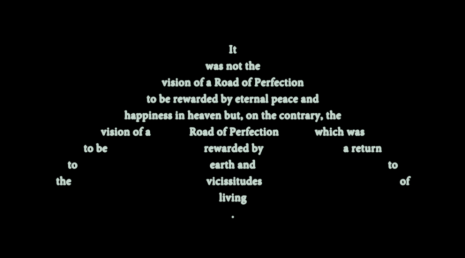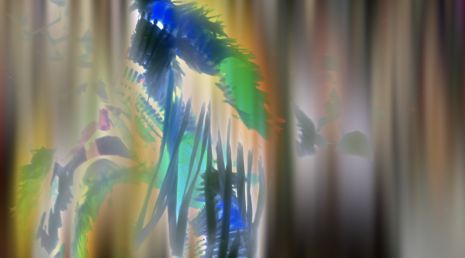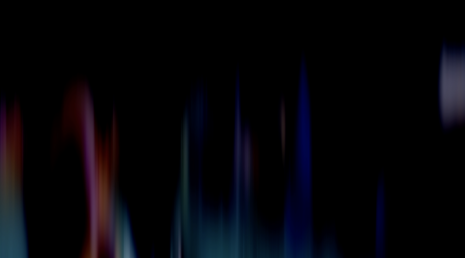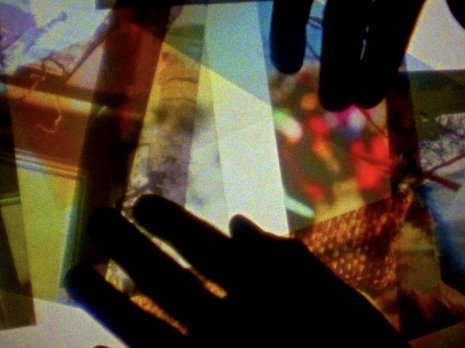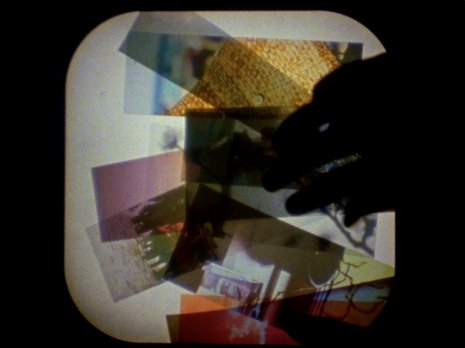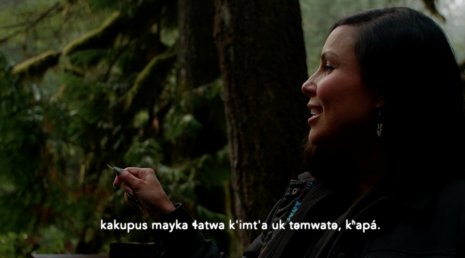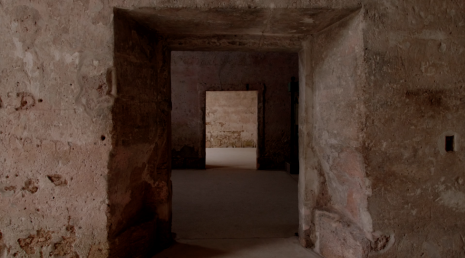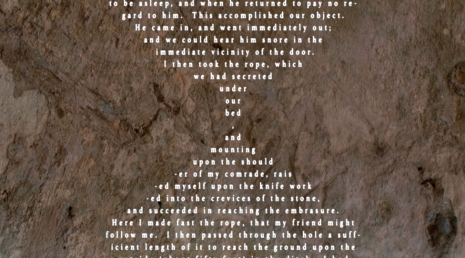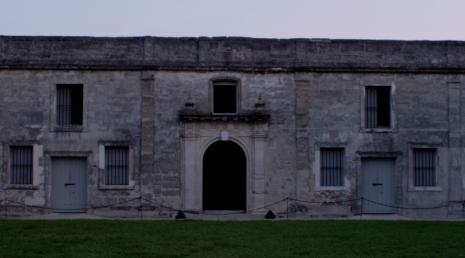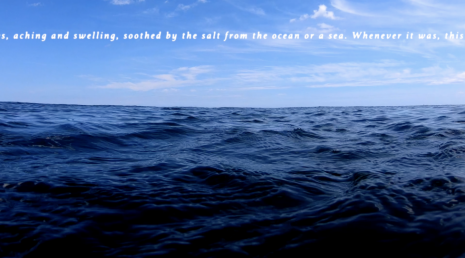Chapter Two
Am sitting here in Santa Monica taking in your words – and a whiff of the worlds they summon, taking in the flow of questioning, listening into, responding, listening, sensing both a quietude and an urgency in your dialogue. May your conversation become part of the questions and challenges of this time. My friend Gideon Lester just sent me Mark Swed’s interview with Peter Sellars - and, if you wouldn’t mind, I’d like to toss Peter’s thoughts into the mix:
(1) I think it's too early to tell, I still don't know when I'm going to shoot again or what that looks like.
(2) Utility has played a role in my work, I'm not sure what that looks like further in the future, again, it's too early to tell. But I am interested in the role of language and what it represents and has the possibility to represent.
It has interrupted all of my projects, but I'm moving ahead as best I can. It has given me more time to collect my thoughts and plan for the future best I can, but again it's hard to say what that looks like when things change everyday. I haven't been making much in the past month and a half, just editing, writing emails, and finishing up teaching this semester as best I can. So there's time for introspection, but not much given everything else going on.
*
Roya and Sky continued their conversation. The following exchanges took place between Wednesday, April 22nd and Monday, April 27th
Irene reminded me of passages from your application, and they triggered a whole series of more grounded thoughts and questions. I would really love to hear your thoughts on these, even if in short bursts. Especially now that the shock of the pandemic wears off, and the pain of the losses wears more deeply, and the isolation starts to really kick in - I'm thinking about some of your thoughts on language revitalization (and community building) and the cinematic experience, in a totally refreshed way.
I imagine my films being part of this revitalization by the usage of the language within them and by proposing ways that the language could be potentially be used. Trying to find new ways to say things, wondering how the language could exist in different contexts and seeing what works and doesn't work are all a part of these necessary conversations.
By making the videos for a specific audience I try to redirect the idea of what is ‘direct’ to someone else. What makes something decipherable or understandable, as broad as those terms may be, is how the maker is speaking to you as an audience member. What may be exotic and esoteric for one audience is run of the mill and common ground for another. The balance that I tend to find comes from ways to speaking directly to the audience that I am trying to speak with, but doing so in a ways that formally constructs a logic, a lexicon, a language in the work that an audience outside of those communities can recognize as having meaning, even if they don't have access to it, and hopefully doing some work to meet the work part of the way despite that denial.
I read once that attention is the medium of performance, and I think that holds true for cinema as well. As a filmmaker the only thing I'm asking is that a viewer pay attention to what I'm trying to say, what I'm trying to do, and these different spaces offer different ways for them to give that attention. A cinema holds an audience for the duration of a film, but at a festival a film may only screen once and maybe it's at an inconvenient time, and who knows about, or has access to these festivals speaks to the variety of communities they serve. At a gallery or a museum a film may loop for months from opening to closing, and thousands of people have an opportunity to see it, but whether or not they'll sit through the whole film, feel comfortable, stay for the entirety of the loop, or even experience an optimal sound/visual setup is uncertain. I feel like I've been trained to pay more attention when I'm sitting in a cinema. It’s hard for me to focus at home, on my laptop, on my couch, but still I'll watch anything anywhere. Part of a remaking of cinema culture could be trusting an audience to meet the work on their terms with the best intentions.
But I don't know if I'm ready to try to answer this question. There's a certain focus on the present that I'm wrapped up in, as I write this and as I've sat with the question the past few days, that anything I say or offer of what the future of cinema could be feels disingenuous. Maybe that's a reflection of the times, or a reflection of myself? I've done a number of screenings via Zoom and other platforms over the past 6 weeks and I don't know how I feel about those. They were successful and necessary in some regards and frustrating and difficult in others. I'll continue to participate in them when asked, but maybe I'm too far in it right now to imagine possibilities when so much is uncertain and at stake. I don't know what that looks like for cinemas in the coming months or years, and more than anything I want to see my friends again and to be around them whether at a festival, a microcinema, or going to watch the Rock at the multiplex. Maybe I'm humbled by the fact that no matter what vision I could offer for the future, we're all still at the mercy of this virus and have to proceed carefully, cautiously, and aware that the decisions we make as individuals affect us all and how we'll survive.
*******


